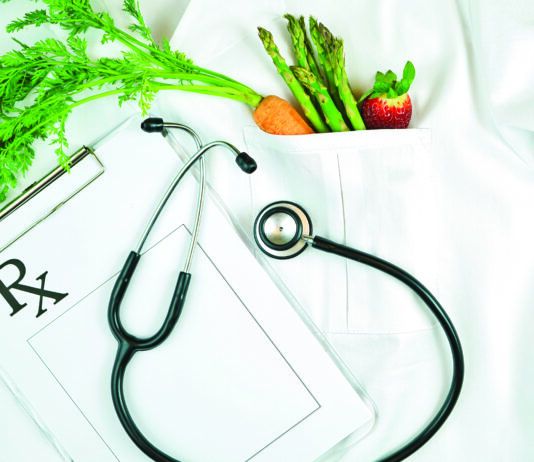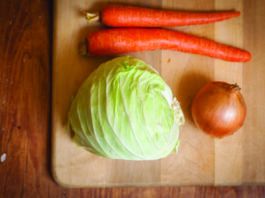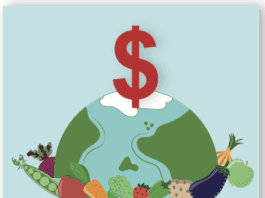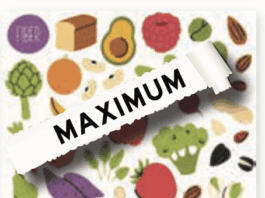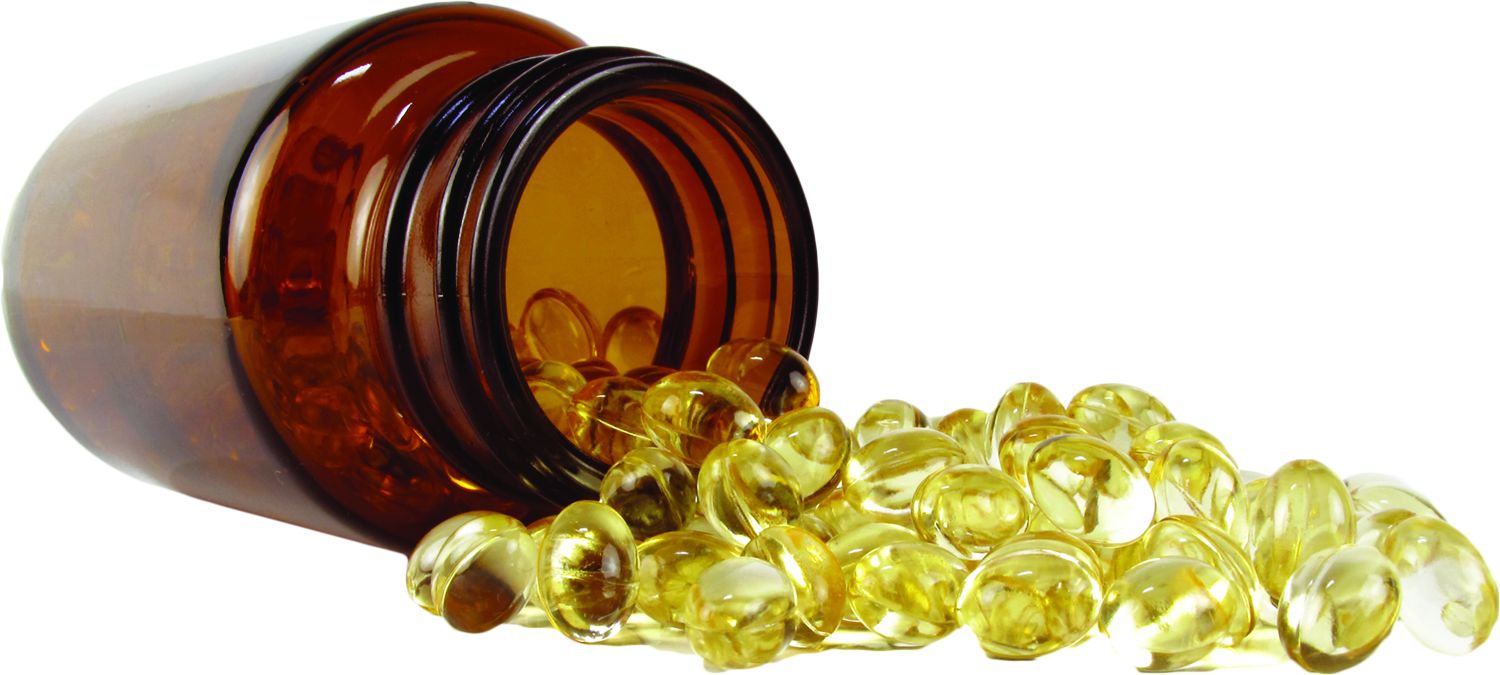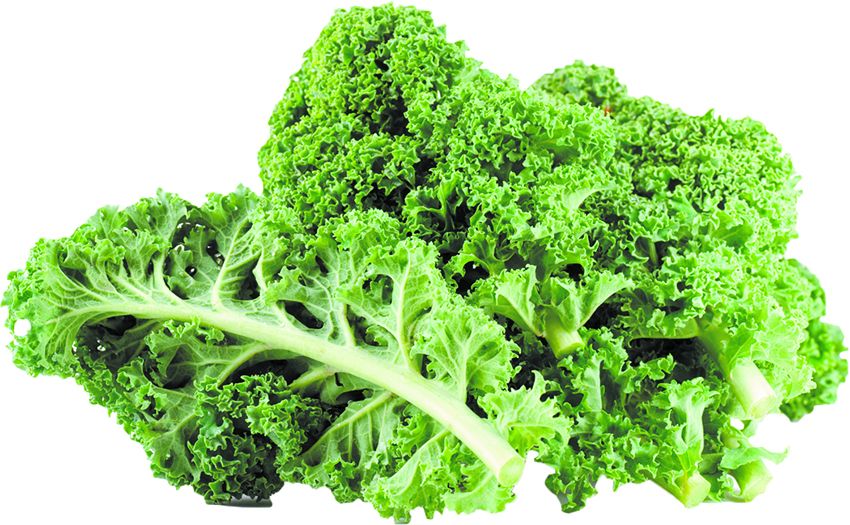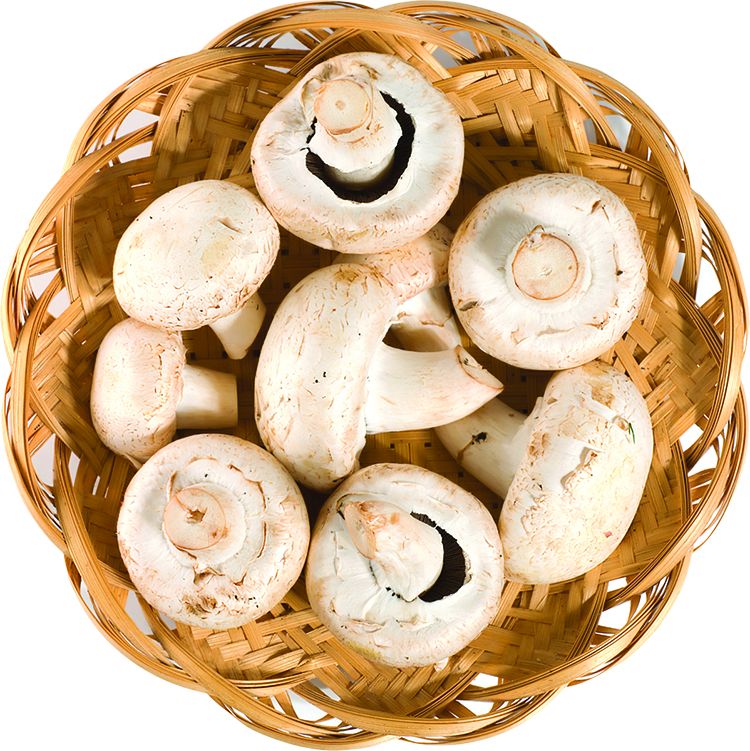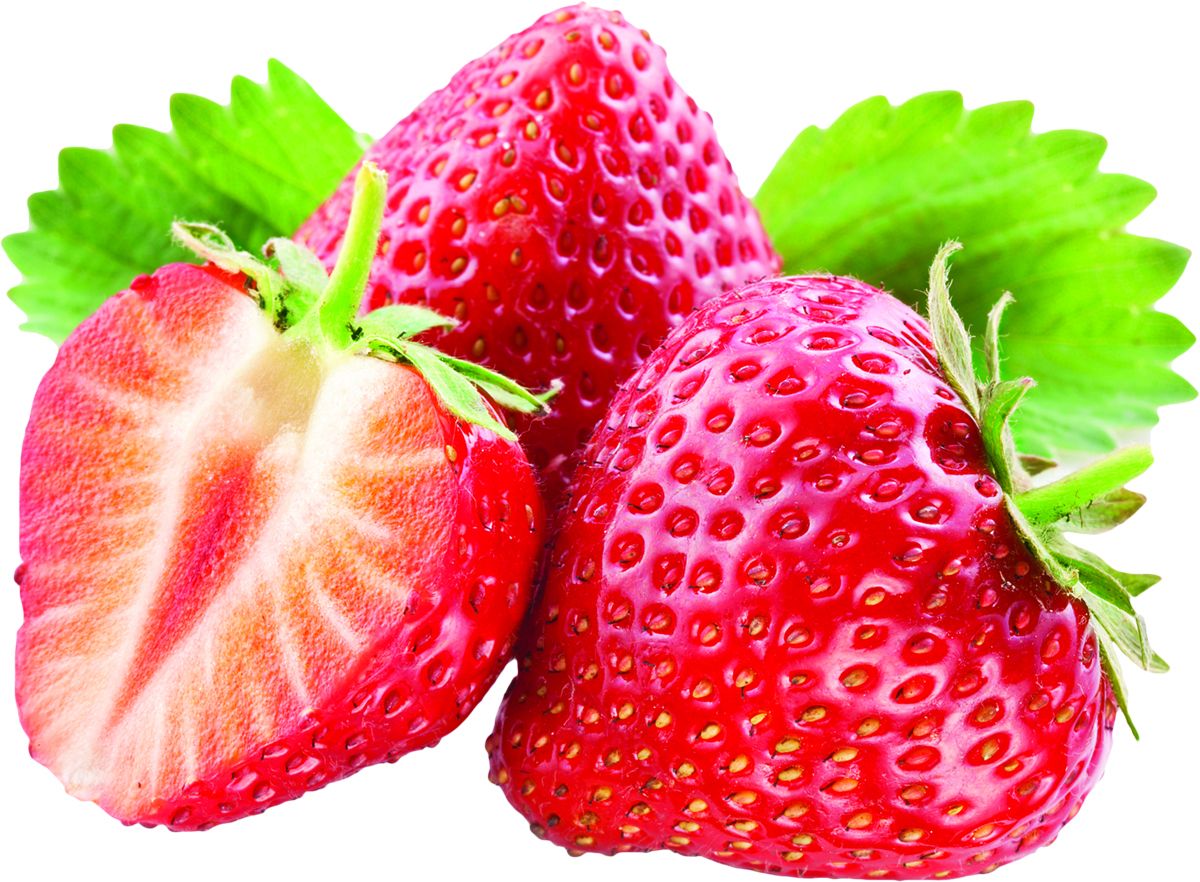Be Aware and Beware of What the Label Says
With questions raised about calorie counts, vitamins and fish, it pays to shop smart.
Try Kale for Vitamin K and Cancer Protection
Kale may well be the it vegetable of the moment, celebrated in everything from cooking magazines to health websites. But unlike some food fads, this nutritious leafy green deserves the attention its suddenly getting.
Nutrition Labels Coming for Alcoholic Beverages
You may soon be able to see how many calories and carbs youre downing with that alcoholic drink
Americans Snacking More Than Ever
Americans snack attack is approaching the point where the day becomes just one continuous meal
Mushrooms a Surprising Source of Vitamin D
Mushrooms are the only food in the produce aisle that naturally contains vitamin D, the sunshine vitamin thats essential for bone health and associated with a wide range of other possible health benefits.
Lowering the Glycemic Index of Your Diet Pays Health Dividends
If youve heard of the glycemic index (GI for short) but arent quite sure whether you need to pay attention to it-or exactly what it means-youre hardly alone. Scientists have been debating the merits of measuring the glycemic index since its introduction in 1981. The glycemic index uses a 100-point scale to measure how rapidly the carbohydrates in a food cause blood sugar to rise. Glycemic load (GL) adjusts this figure by taking into account serving sizes and the amount of carbohydrates per serving.
USDA Allows GMO-Free Meat Labeling
For the first time, the US Department of Agriculture has approved
National Parks Menus Get Healthier
If you visited any of Americas national
Putting Farmed Salmon to the Test
Do the heart-healthy omega-3 fatty acids
Surprising Kitchen Dirty Spots
Whats the dirtiest place in your kitchen?





















